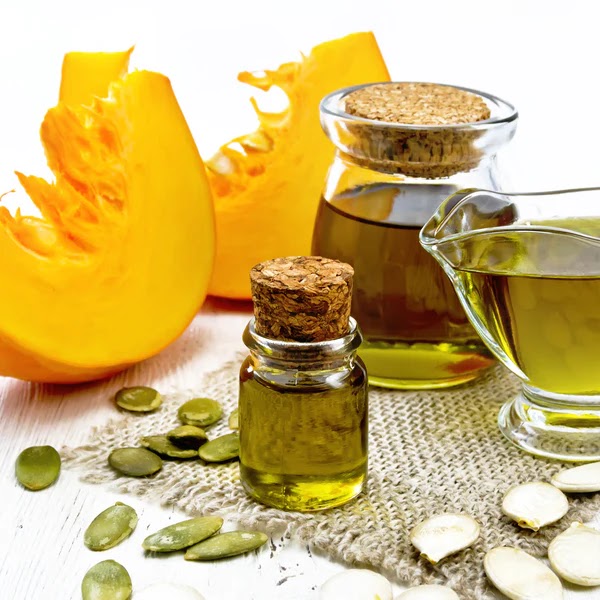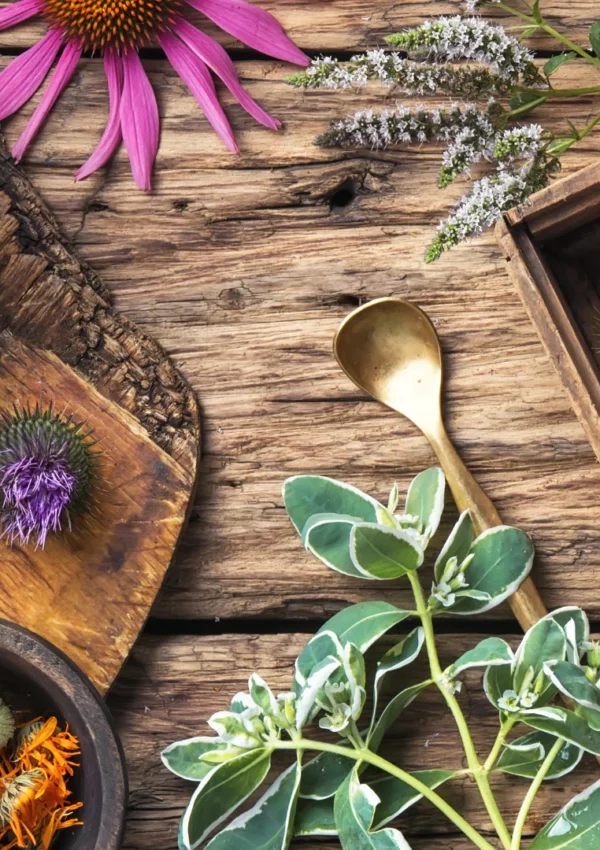Introduction
Pumpkin seed oil, often referred to as “green gold,” is a hidden gem in the world of natural remedies and culinary delights. Extracted from the seeds of common pumpkins (Cucurbita pepo), this vibrant green oil has been prized for centuries for its medicinal properties and delightful nutty flavor. In this comprehensive guide, we’ll embark on a journey to uncover the meaning, benefits, pros, cons, fun facts, hair type considerations, and the best ways to incorporate pumpkin seed oil into your daily life. Rest assured, all the information shared here is backed by credible sources, ensuring that you have the most accurate insights at your disposal.
Meaning and Extraction
Pumpkin seed oil, also known as pepita oil, is precisely what it sounds like: an oil extracted from pumpkin seeds. The process involves cold-pressing the oil from roasted seeds, a method that ensures the preservation of its natural nutrients. This traditional extraction method has been perfected over generations, making pumpkin seed oil a coveted resource.
Health Benefits
The health benefits of pumpkin seed oil are nothing short of astounding, making it a true superfood. Listed below are some of the key advantages of Pumpkin seed oil:
- Heart Health: Pumpkin seed oil is a rich source of unsaturated fatty acids, particularly omega-3 and omega-6, which can help reduce bad cholesterol levels and lower the risk of heart disease.
- Prostate Health: For men, this oil is renowned for its potential to support prostate health and mitigate prostate-related issues. Its high zinc content is believed to play a significant role in this regard.
- Antioxidant Properties: Rich in antioxidants, pumpkin seed oil helps combat oxidative stress in the body, contributing to overall well-being.
- Anti-Inflammatory Effects: The oil contains compounds that exhibit anti-inflammatory properties, making it beneficial for conditions like arthritis and joint pain.
- Hair Growth: Pumpkin seed oil contains DHT (dihydrotestosterone) blockers, which can promote hair growth and reduce hair loss, making it a popular choice for those struggling with hair issues.
Pros and Cons
As with any natural remedy, pumpkin seed oil comes with its own set of pros and cons:
Pros:
- It is an extremely rich source of some of the essential fatty acids, vitamins, and minerals.
- Supports heart and prostate health.
- May aid in hair growth and reduce hair loss.
- Versatile culinary applications, enhancing the flavor of various dishes.
Cons:
- It is high in calories, so make sure that it is used in moderation.
- Some individuals may experience allergic reactions.
- Pumpkin seed oil is unsuitable for high-heat cooking as it has low smoke point.
Fun Facts about Pumpkin Seed Oil
| 1. Culinary Delight |
| – Often used as a salad dressing |
| – Drizzled over vanilla ice cream |
| – Added to soups and stews |
| 2. Vibrant Green Hue |
| – Attributed to high chlorophyll content |
| – Adds visual appeal to dishes |
| 3. Traditional Medicine |
| – Used for its diuretic properties |
| – Historical use against parasites |
| 4. Nutrient-Rich Elixir |
| – Rich in essential fatty acids, vitamins, and minerals |
| 5. Versatile Hair Care Aid |
| – Supports hair growth and reduces hair loss |
| – Effective for dry scalp and brittle hair |
Hair Type Considerations
One of the remarkable features of pumpkin seed oil is its versatility across various hair types. However, it shines particularly brightly for those with:
- Thinning Hair: Thanks to its DHT-blocking properties, pumpkin seed oil can help prevent hair loss and promote regrowth.
- Dry Scalp: The oil’s moisturizing effects can alleviate dryness and reduce dandruff, leaving your scalp nourished and comfortable.
- Brittle Hair: Pumpkin seed oil’s rich nutrient profile strengthens and revitalizes fragile hair, making it more resilient.
How to Use Pumpkin Seed Oil
Incorporating pumpkin seed oil into your daily routine is both simple and enjoyable:
- Dietary Use: Elevate your culinary creations by drizzling pumpkin seed oil over salads, using it as a dip for bread, or adding a splash to your morning smoothie. Its distinctive nutty flavor will awaken your taste buds.
- Topical Application for Hair Care: To harness its benefits for hair, mix a few drops of pumpkin seed oil with a carrier oil (such as coconut or jojoba) and gently massage it into your scalp. Allow it to work its magic for about 30 minutes before shampooing as usual.
- Supplements: For those seeking a convenient way to incorporate pumpkin seed oil into their routine, it is also available in capsule form.
Conclusion
Pumpkin seed oil is not only a culinary delight but also a treasure trove of health benefits. Its remarkable properties, from supporting heart and prostate health to promoting hair growth, make it a valuable addition to your wellness arsenal. While exploring the benefits, it’s important to use pumpkin seed oil in moderation, especially considering its calorie content and potential for allergies. Whether you’re indulging in its rich flavor or using it to enhance your hair care routine, pumpkin seed oil is a versatile and cherished natural resource that continues to captivate the hearts of those who discover its wonders.
Disclaimer: Prior to introducing any new supplements or dietary changes, consult with a healthcare professional, especially if you have underlying health conditions or are taking medications.
References
Medical News Today
Healthline
WebMD
The Spruce Eats
ScienceDirect
HuffPost








Leave a Reply